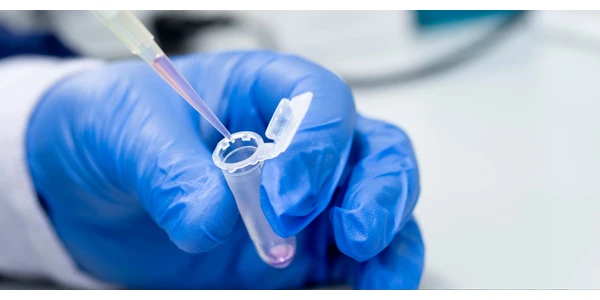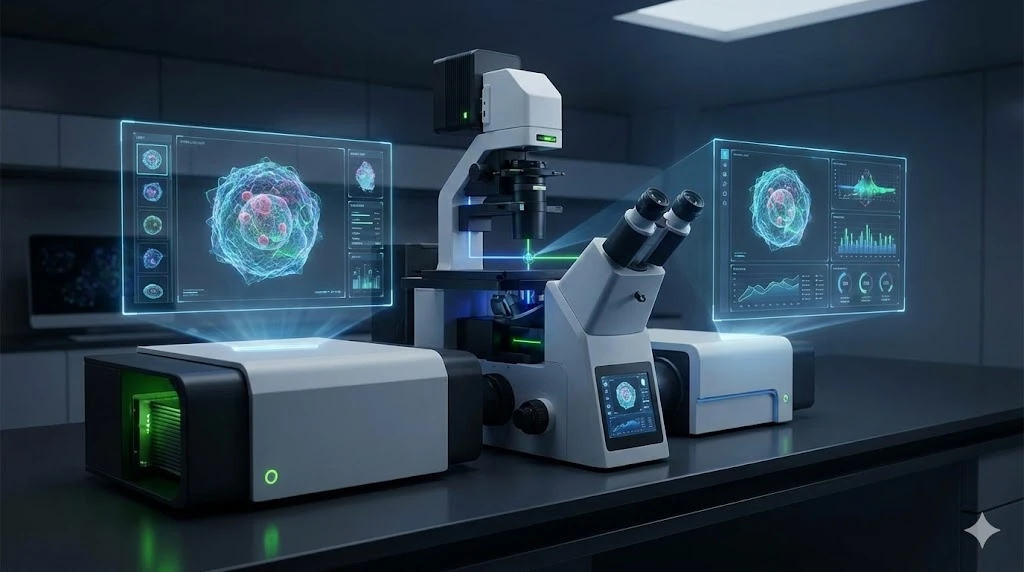Therapeutic Potential and the Medicinal Cannabis Journey
Research into therapeutic uses of cannabis is breaking new ground, although significant challenges remain
Strugles include the pauciity of federally sponsored research, the onerous regulations associated with obtaining cannabis source material, and the logistics associated with patient trials.
The FDA has retained control of CBD as a now legal cannabis (hemp) derivative. This jurisdiction has included monitoring of unsupported claims of CBD (and other cannabinoids) as remedies and health supplements. Recently, the FDA has opened a forum into therapeutic potential and regulation of CBD – and sharing of experiences and challenges with cannabis (and cannabis-derived) products.
As a victory for cannabis law reform, the US house of Representatives voted to protect states rights from US Justice department interference in areas including cultivation and sales of cannabis products. Pending and future legislation may further galvanize the existence and the reach of medicinal cannabis laws and availability.
Many more developments are apparent – now and on the horizon. Breakthroughs and progress into cannabis-based therapeutics are broadening the scope and growing the hope for an even brighter future.
CBD as a next generation antibiotic
As a perhaps unexpected turn in the medicinal cannabis journey, investigators and the University of Queensland, in collaboration with Botanix Pharmaceuticals, recently identified that cannabidiol (CBD) was highly effective at killing Gram-positive bacteria. These include Streptococcus pneumoniae, Staphlococcus aureus, and others – including several stains deemed resistant to current antibiotics such as vancomycin and daptomycin. The work was presented at the American Society for Microbiology annual meeting.
Utility of CBD as an antibiotic
One of the advantages of using cannabis-derived CBD, is that FDA approved medication (Epidiolex) already exists, as do the patient safety, bioavailability, routes of delivery, formulation, and other data. Moreover, the documented activities of CBD as an anti-inflammatory compound lends to its utility in reducing damage due to inflammatory response upon microbial infection.
The data is preliminary and largely entails standard bacterial killing and biofilm disruption assays performed in the research lab. Nonetheless, it is yet another indicator of the broad potential scope of cannabis therapeutics.
Alzheimer’s and the activity of cannabinoids on the brain
In another interesting turn, this one along a course with previous milestones, recent investigations have shown preliminary evidence that THC and other cannabis-derived compounds can promote removal of amyloid beta, the main toxic protein in brain cells associated with Alzheimer’s disease.
Hallmark signs of the disease include inflammation of brain tissue and the accumulation of beta amyloid aggregates or plaques within cells. It is the plaques which progressively and negatively affect cell function, which ultimately leads to cell death and disease progression.
The known activities of cannabinoids as anti-inflammatory compounds may serve to reduce symptoms – and may shed light on the protein removal process. Indeed, the results showed signs that reducing the inflammatory response lessens cell-stress and enables cells to more effectively remove the protein aggregates.
Although the work was performed in the lab using cultured neuronal cells, ongoing studies may clarify these results and clear the way for patient studies.
Pain, Insomnia, and the ever-growing significance of cannabinoids
The list is impressive and growing by the day. Maladies as wide-ranging as Anxiety to ADHD, Lupus to Stroke, decorate the ever-expanding portfolio of medicinal cannabis accolades.
Cannabis for chronic and neuropathic pain
Arguably the most well-acknowledged therapeutic use of cannabis is for pain. The anti-inflammatory, analgesic, and calming qualities of cannabis have been known for many years – dating back even before modern medicine and pharmaceuticals. This is perhaps the reason afflicted individuals trust cannabis as an alternative to pain killers. Of course, opioids and other analgesics play significant roles in pain relief in serious clinical scenarios.
Recent studies have shown cannabis can dampen the relapse rate in opioid addicted patients. This does conflict with data correlating the recent rise of opioid addiction with increased cannabis use. Ongoing studies will serve to clarify the distinction of cannabis and pharmaceutical pain killers and the utility of one over the other.
Insomnia and cannabis
The lack of sound sleep and the benefits that come with wakefulness are now common reasons for cannabis use. The anti-anxiety, anti-inflammatory, and analgesic properties undoubtedly contribute to this effectiveness. What else occurs in the body – and the mind – that accounts for the insomnia relief? This is the domain of ongoing research in the area.
Conflicting reports of dreamless sleep versus dream-enhancements, sleep-inducing versus placebo effects, have challenged the work. Nonetheless, insomniacs may agree that sound sleep is welcomed-sleep – no matter the source.
Expanding therapeutic potential
This list is long and ever-growing, and research will clarify those with biological basis. The rest may lie in the eye and the mind of the beholder – a perfectly reasonable conclusion.
Addiction, ADHD/ADD, ALS (Luo Gehrig’s Disease), Alzheimer’s/Dementia, Anxiety, Appetite Loss, Arthritis, Autism, Bipolar Disorder, Cancer, Cerebral Palsy, Chronic Fatigue, Chronic Pain, Concussion, Cystic Fibrosis, Depression, Epilepsy, Diabetes, Fibromyalgia, Gastrointestinal Disorders, Glaucoma, Gout, Heart Disease, HIV/AIDS, Huntington’s Disease, Hypertension, Inflammation, Insomnia, Kidney Disease, Liver Disease, Lung Disease, Lupus, Lyme Disease, Melanoma, Menopause, Migraine, Multiple Sclerosis, Nausea, Neurological Disorders, Neuropathy, Obesity, OCD, Osteoporosis, Palliative Care, Parkinson’s Disease, Post-op Pain, PTSD, Schizophrenia, Psychiatric Conditions, Skin Disorders, Stroke, Tourette Syndrome, …
View our expanding catalog of cannabis resources
Shop for equipment on our cannabis laboratory application page










